
Global Economic Prospects (Vol. 9)
Shifting Priorities, Building for the Future
Recommendation
Years after the end of a scarring global recession, markets and economies are rebounding, though at varying rates of speed. This World Bank Group (WBG) report attempts to divine where the world economy is going, particularly in developing regions. In a well-researched, well-referenced, highly collaborative effort by WBG country, regional and industrial sector specialists, this practical analysis considers the source of current economic conditions and steps authorities can take to avoid exogenous shocks to developing market economies. As such, it is at once descriptive and prescriptive (and at times, by implication, proscriptive). Although WBG produced this report prior to summer developments in conflicts in the Middle East, Libya and Ukraine, its content is mostly very timely. Its value lies in its ability to present a detailed, nuanced view of the global economy, with a focus on the developing world that does not sacrifice the bigger macroeconomic picture.
Summary
About the Author
The World Bank Group provides financial and technical assistance to developing countries.









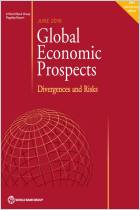


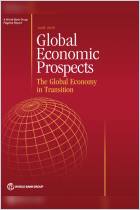
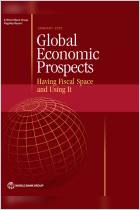



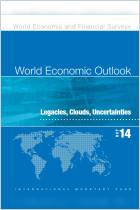
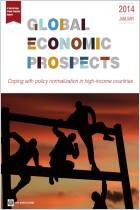
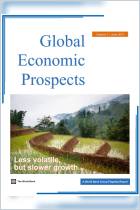
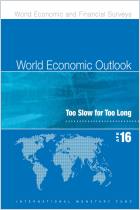
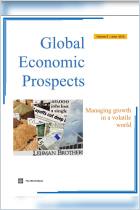
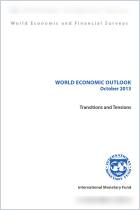


Comment on this summary or Start Discussion